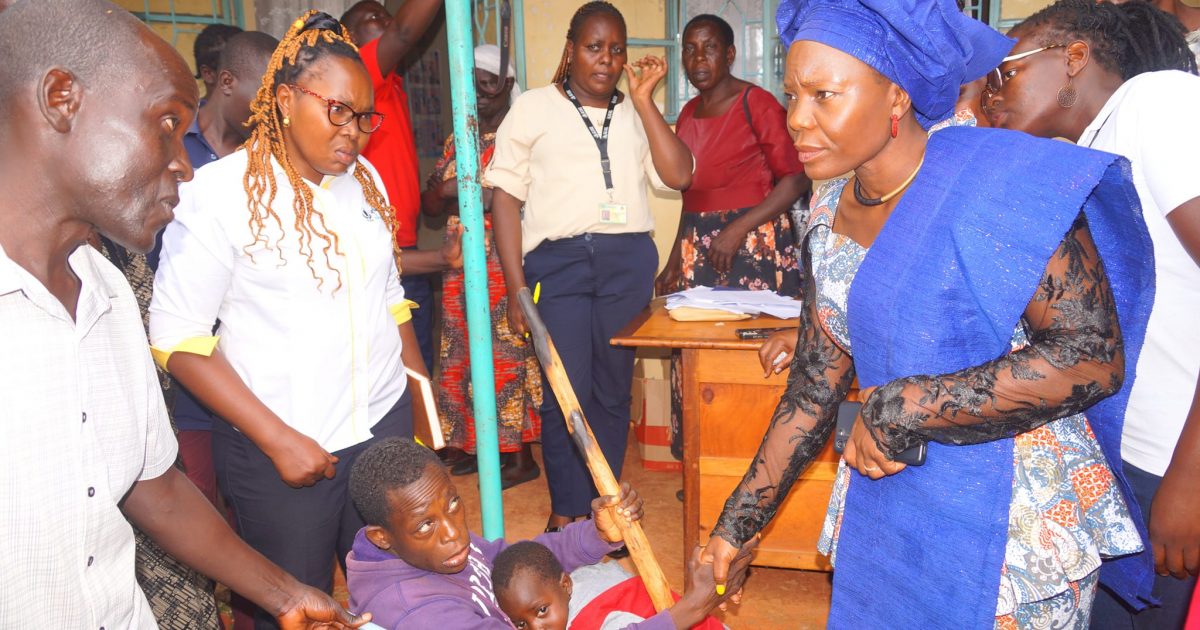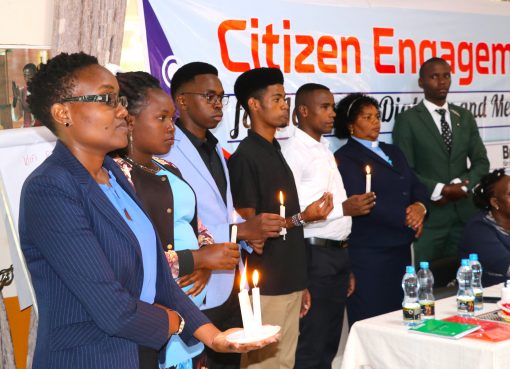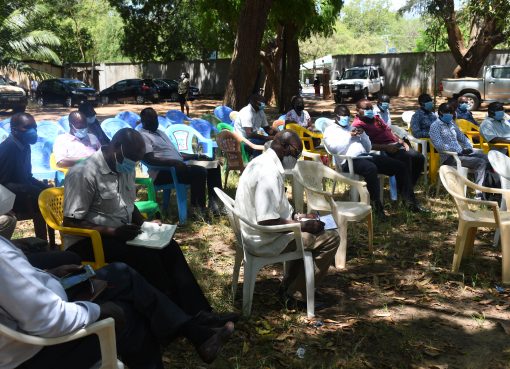Busia women Rep Catherine Omanyo has committed to end the stigma associated with cerebral palsy in the community through sensitisation and empowering parents and children living with the mental disorder which for years has been associated with witchcraft.
Speaking at Malaba AIC church during the launch of registration and assessment for people with disability within the county, Omanyo noted that 85% of the Cerebral Palsy patients in Busia live in isolation and are deprived of their basic human rights.
“85% of children with mental disorders live in isolation. Sometimes as parents, we are responsible for fueling stigma, because we hide ourselves, we hide our children. We do not talk about disability openly, thus creating the stereotypes we experience in the society,” said Omanyo.
The legislature who is collaborating with the National Council for People with Disabilities (NCPWDs) noted that the move to register the PWDs was ignited by the numerous calls and number of parents who visit her office for basic support and scholarship.
“As a society we should give equal rights to children irrespective of their disorders. Through education some talents are discovered, thus making them more viable in the society,” she added.
Her sentiments were echoed by Winfred Wangare a representative from NCPWDs who said that the support of children and adults with Cerebral Palsy (CP) in Kenya has improved over the years.
Wangare noted that in the past, stigma and discrimination were major barriers for persons with cerebral palsy, pointing out that this challenge was due to lack of awareness and the attribution of the condition to witchcraft.
Wangare added that many CP children miss out on government support and programmes as a result of being isolated or no clear data existing thus hindering planning and budget allocation for such cases.
“In Kenya most people are suffering in silence due to fear to share information about children living with disabilities and in the end deny them opportunities to benefit from government programmes and relevant supports like grants and psychosocial support,” Wangare said.
With increased access to information, noted Wangare, Kenyan society is more aware and willing to include persons with CP. Similarly, both the public and private sectors in the country are offering more affordable and accessible interventions to improve lives for persons with CP.
“I usually tell caregivers and parents in my community that it is important to take these children for therapy, so that their bones do not become stiff. Once a week is okay, but the government should also subsidise therapy because most parents cannot afford it,” she adds.
According to the Centers for Disease Control and Prevention (CDC), recent population-based studies from around the world report prevalence estimates of cerebral palsy ranging from one to nearly four per 1,000 live births or per 1,000 children.
In some parts of the world, however, there is evidence that the prevalence of cerebral palsy has declined, particularly for children born at moderately or very low birth weight.
CP has contributed to 70% of family breakage as most male parents will opt to walk away from their marriage leaving mothers to bear the burden.
“Our mission should be to empower parents and caregivers to give equal opportunities to children with CP. Mothers in most cases bear the cost as most dads opt to marry a second wife or take a leave,” Omanyo noted.
The legislature now wants the government to relook into policies and health schemes to ensure the PWDs get free education and medical cover in all government and private facilities.
Simon Baraza the chairperson for PWDs in Teso South and Teso North sub counties expressed gratitude to the women rep urging other leaders to emulate the same by championing for the rights and privileges aimed at empowering PWDs.
A total of 1500 PWDs in the county were registered besides getting physical therapy and psychosocial support from experts who graced the occasion.
By Absalom Namwalo





